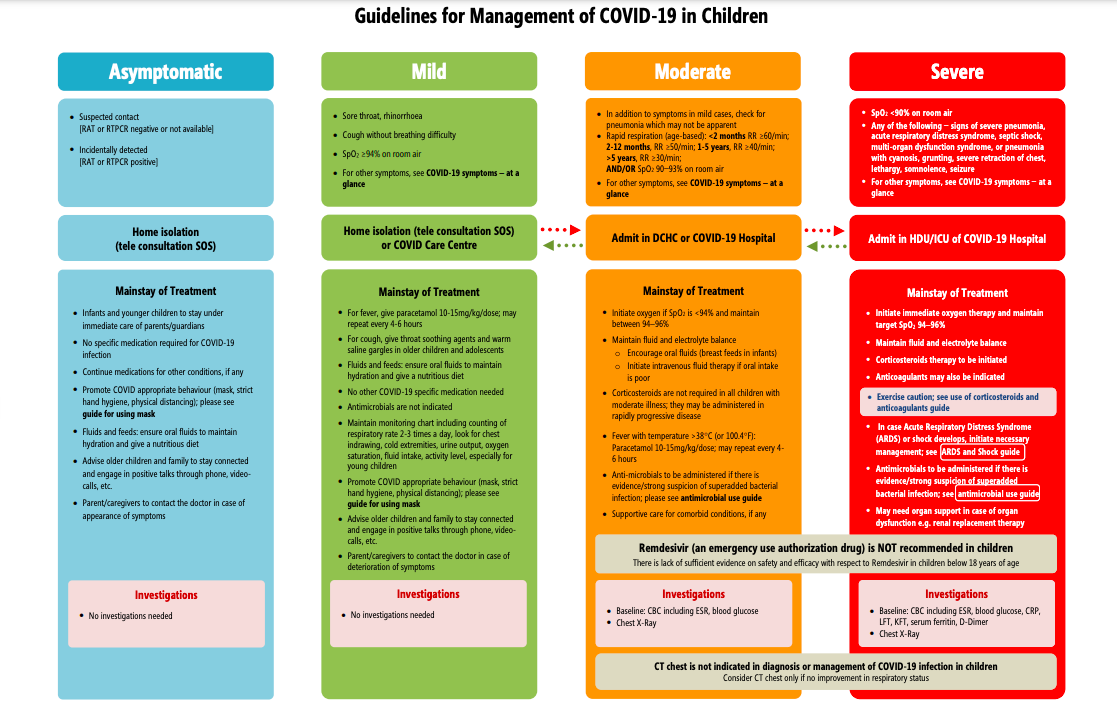Athens, GA – New research from the University of Georgia (UGA) has revealed promising links between high levels of omega-3 and omega-6 fatty acids and a lower risk of various cancers. Published in the International Journal of Cancer, the study analyzed data from over 250,000 individuals and suggests that incorporating these healthy fats into the diet could be an effective strategy for cancer prevention.
Lead author Yuchen Zhang, a doctoral student in UGA’s College of Public Health, emphasized the importance of these findings, stating, “Higher omega-3 and omega-6 levels were associated with lower rates of cancer. These findings suggest that the average person should focus on getting more of these fatty acids in their diets.”
The study indicated that participants with elevated omega-3 levels exhibited significantly lower rates of colon, stomach, and lung cancers, as well as other digestive tract cancers. Similarly, high omega-6 levels correlated with reduced incidence of 14 different types of cancer, including brain, malignant melanoma, and bladder cancers.
Groundbreaking Findings
Utilizing data from a comprehensive UK-based study, which followed participants for over a decade, the researchers found that nearly 30,000 individuals developed some form of cancer during the study period. While previous research hinted at connections between fatty acid levels and cancer risk, this study is notable for its conclusive evidence linking omega-3 and omega-6 fatty acids to a reduction in cancer rates.
Importantly, the protective effects of these fatty acids were found to be independent of other risk factors such as body mass index (BMI), alcohol consumption, or levels of physical activity.
The Health Benefits of Healthy Fats
Omega-3 and omega-6 fatty acids, often referred to as “healthy fats,” are crucial for human health and can be found in fatty fish, nuts, and various plant oils, including canola oil. However, many individuals may not consume adequate amounts of these foods, leading to increased reliance on fish oil supplements, which have gained popularity due to their myriad health benefits.
Previous studies have suggested that omega-3 supplements may help reduce high cholesterol and lower the risk of heart disease. However, researchers caution that the decision to take fish oil supplements should be personalized. Notably, this study found that high omega-3 levels could potentially be associated with a slight increase in prostate cancer risk.
Kaixiong Ye, the corresponding author of the study and an associate professor in UGA’s Franklin College of Arts and Sciences, noted, “For women, it’s an easy decision: Eat more omega-3,” highlighting the varying impacts of these fatty acids based on gender and age.
A Call for Dietary Awareness
With the evidence mounting in favor of omega-3 and omega-6 fatty acids as protective agents against cancer, health professionals encourage individuals to assess their diets and consider incorporating more sources of these essential fatty acids. As the research progresses, the focus remains on fostering awareness and understanding of the significant role that dietary choices play in cancer prevention.
For more detailed information on the study, refer to the article by Yuchen Zhang et al, titled “Associations of plasma omega‐6 and omega‐3 fatty acids with overall and 19 site‐specific cancers: A population‐based cohort study in UK Biobank,” published in the International Journal of Cancer.











